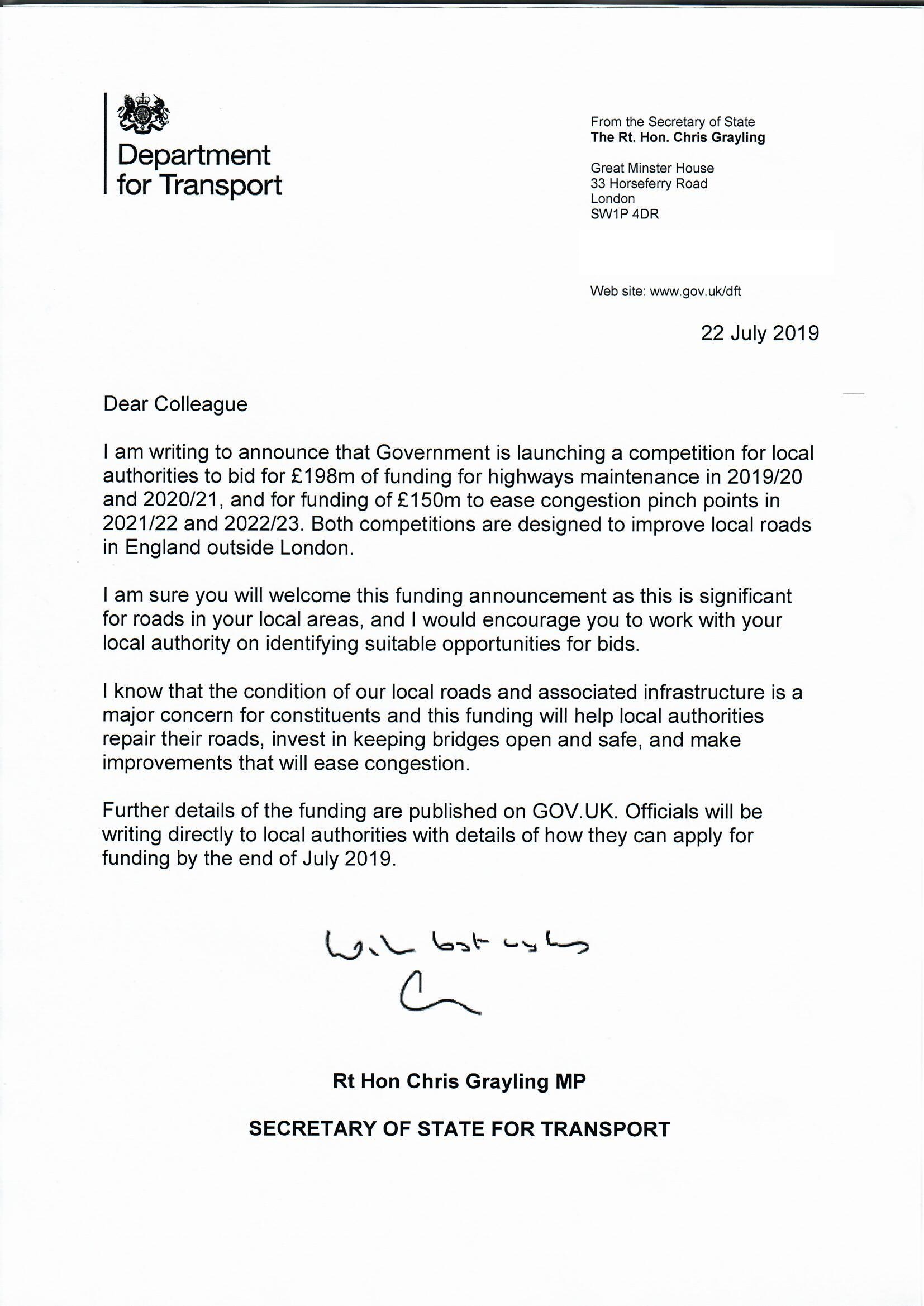In an era of ultra low interest rates some savers complain that they do not get a sufficient return on their savings. Anyone who wishes to keep their savings secure and not at risk of capital losses from price fluctuations of financial assets is left with a low income return on a deposit or a low yield on a secure bond with a specified later repayment date.
It is not true to say that all savers have suffered from the era of ultra low rates. Those savers who decided to run the risk of losing money have often done very well. Those who bought government bonds have seen them rise strongly over the last decade as rates fell and stayed down. Those who bought world shares have also seen good gains. Those who had property in the right places are sitting on capital gains on their property. Indeed, most savers own property, and many directly or indirectly own financial assets through their pension funds. This blog is not offering investment advice or commenting on what might happen next in markets but describing the past.
Japan has lived now with these ultra low rates for several decades. The big crash in Japan did far more damage to property values, share prices and banks there at the end of the 1980s than the western crash of 2007-9. It ushered in a long era of money creation and extra borrowing by the Japanese state. We can see in Japan what these distortions do if sustained. The state can make many investments at little cost, and may make investments that are highly marginal in more normal times. Some savers decide they need more savings because the return on safe investments is so low. The Japanese state has bought up around half of all the outstanding quoted state debt, and is also buying up substantial quantities of exchange traded funds that hold Japanese shares.
Japan’s economy grows but slowly, though if you adjust the numbers for a falling population they look better. The high gross state debt at 250% of GSDP is far higher than anything in the west, but it is no great burden given the interest rates around zero and the state ownership of so much of that debt following Central Bank purchases. A policy of money creation which should have induced inflation has not done so, given the pressures against credit and inflation in the rest of the system.
Some will argue that giving states so much access to cheap capital will distort markets too much and lead to too many ill advised investments by governments. The alternative way through the current situation is a more concerted attempt to strengthen the banks and to encourage more private lending so there is more of a market test on new investment. The mood globally is once again to lower interest rates, with the Fed this week likely to cut rates. Australia has recently cut her rate from 1.5% down to 1%. Many EU government and Japanese government bonds now offer a negative interest rate, yet still people and institutions buy them.

